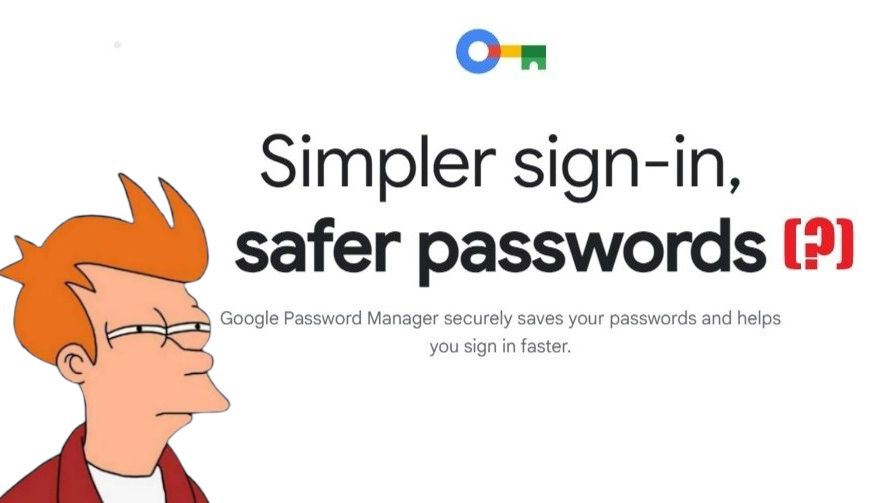What you need to know
- A bug in Chrome version 127 caused the passwords of around 15 million Windows users to disappear. The issue lasted for around 18 hours before being fixed.
- Users have had to use a command line flag as a temporary fix, but the ultimate solution is to simply restart the browser (yes, turn the browser off and back on).
- This incident highlights the risks of relying solely on browser-based password managers.
Frankly, it hasn’t been a good month for the tech giants. Earlier this month, a CrowdStrike bug caused many companies to shut down completely, leaving millions of people facing blue screens of death, postponing flights, surgeries, and other disruptions that many are still recovering from. These are just a few examples.
Well, to avoid being left behind, Google had to create some confusion itself. Forbes ReportIf Windows users weren’t affected enough, a “product behavior change” in Google Chrome resulted in an estimated 15 million Windows users having their passwords locked for nearly 18 hours between July 24th and July 25th.
Chrome’s password manager isn’t foolproof
Tired of clicking “Forgot your password?”? Google Password Manager helps you securely access your passwords across iOS, Android, and desktop. pic.twitter.com/02ERJtEpTNJuly 2, 2024
One issue that particularly affected Windows users was the Google Password Manager. Chrome boasts over 3 million users, so there are a huge number of people who rely on this feature, including me, and without Google Password Manager remembering all my complex passwords, I wouldn’t be able to access many of the sites I use every day.
The issue, which is at least somewhat limited to the M127 version of the Chrome browser for Windows, prevents users from accessing previously saved passwords and makes new passwords completely invisible. Although limited to this particular update, it still affects a significant number of users, with Forbes estimating it to be around 15 million.
There was a workaround at the time, but it required launching the browser with a command line flag, which most end users were not comfortable with. The issue has now been fixed and only required restarting the browser, but it took up to 18 hours to fix. Google apologized to customers, saying, “We apologize for any inconvenience caused by this service interruption/outage.”
Rethink your reliance on Google Chrome password managers
Luckily, I was not affected by this error, but it got me thinking. Relying solely on Google Password Manager for nearly every website I use might not be such a smart idea. I have passwords for everything from work to government websites I use for childcare subsidies, all relying on my faith that a password manager will always “just work.” I’ve used apps like: Keypass In the past, however, Bitwarden Probably the most popular free At the moment, it has the most encrypted password databases, and Nordpass’s paid option is even better. Either way, if you rely on password managers like I do, you might be better off not storing everything in one, especially in this age of tech mishaps. Unfortunately, you can’t have all your passwords in a P@$$word, so we recommend that you use one of our friends at Tech Radars. Best Password Managers Guide I choose to back it up and advise you to do the same.


